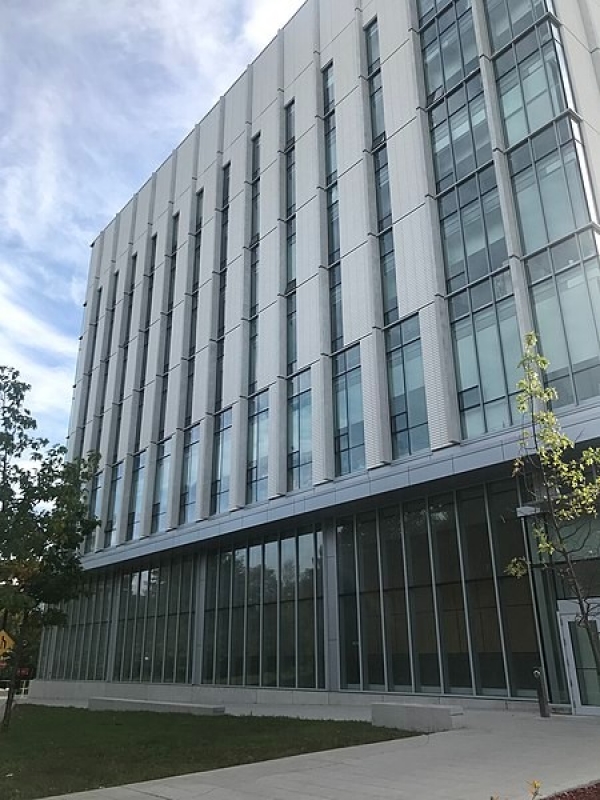https://carleton.ca
Founded
1942Description
Founded in 1942 and situated just minutes away from central government headquarters in Ottawa, Ontario, Carleton describes itself as Canada’s ‘capital university’.
It was the first private, non-denominational college in Ontario, established largely as a way for young people adversely affected by the Depression to continue their formal education.
Carleton is now a public university with an operating budget of around $390 million. It receives additional research funding of close to $60 million, and awards scholarships and bursaries worth up to $18 million.
Just south of the city centre, the university’s campus sits within 100 acres of land and lies between the Rideau River and the historic Rideau Canal. It also has a five kilometre network of underground tunnels that connect all of the university’s buildings.
Enrolled at Carleton are around 28,000 students from over 100 countries.
The university offers 65 degree programmes in more than 50 academic disciplines, and is particularly renowned for its courses in journalism, public affairs, international affairs, architecture and technology.
It comprises many prominent buildings, including the 22-story Dunton Tower, the Kailash Mital theatre, which seats up to 444 people, and the Minto Centre for Advanced Studies in Engineering.
The campus itself is surrounded by many well-known tech companies and the university prides itself on its graduates ‘entrepreneurial spirit’.
It has an alumni network numbering over 130,000. They include Peter Grünberg, Nobel Prize in Physics laureate in physics (2007), Gavin McInness, co-founder of Vice media, and the developer and architect David Azrieli.
Specific details
Location
1125 Colonel By Drive



